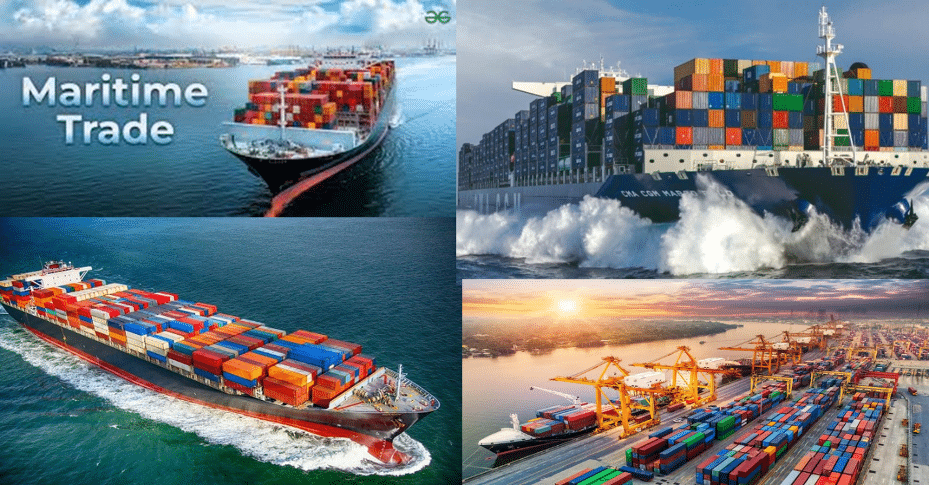Ghana’s potential as a maritime logistics hub for West Africa
Ghana's Maritime Sector: A Gateway to West Africa

Ghana’s maritime sector is rapidly evolving into a key player in regional trade and economic transformation. With a strategic location along the Gulf of Guinea, Ghana boasts a 560-kilometer coastline that serves as a vital access point to global shipping lanes. This positioning has established the country as a gateway for commerce in West Africa, facilitating trade for both its domestic economy and landlocked neighbors like Burkina Faso, Mali, and Niger. Recent geopolitical shifts, infrastructure investments, and global economic realignments indicate that Ghana’s maritime sector is on the verge of becoming a dominant logistics hub for the region.
Strategic Advantages: Ghana’s Potential as a Maritime Hub
Ghana’s potential as a maritime logistics hub is supported by several strategic advantages. The country’s geographical location is a significant asset, situated between Côte d’Ivoire and Togo, making it an ideal transit point for goods moving between landlocked Sahelian nations and international markets. Tema and Takoradi Ports serve as crucial transit hubs, handling substantial volumes of imports, including machinery and food supplies. According to the World Bank, Ghana processes an estimated 3.2 million metric tons of transit cargo annually, reinforcing its status as a top transit trade route for the Sahel.
In addition to geographical advantages, Ghana’s expanding road and rail networks enhance its logistical capabilities. The government has invested in upgrading critical trade routes, such as the Tema-Ouagadougou corridor, which links Ghana’s main port to Burkina Faso’s capital. Ongoing railway expansions aim to improve connectivity further, making Ghana a cost-effective and efficient trade route.
Ghana’s logistics performance is also noteworthy. The World Bank’s 2023 Logistics Performance Index (LPI) ranks Ghana fifth in Sub-Saharan Africa, highlighting its strengths in customs efficiency and logistics competence. However, challenges remain, particularly in infrastructure quality and hinterland connectivity. Addressing these issues will be essential for Ghana to solidify its competitive edge in the maritime sector. By leveraging its strategic advantages and improving logistics infrastructure, Ghana can position itself as the premier maritime logistics hub in West Africa, attracting foreign direct investment and enhancing trade flows across the region.
